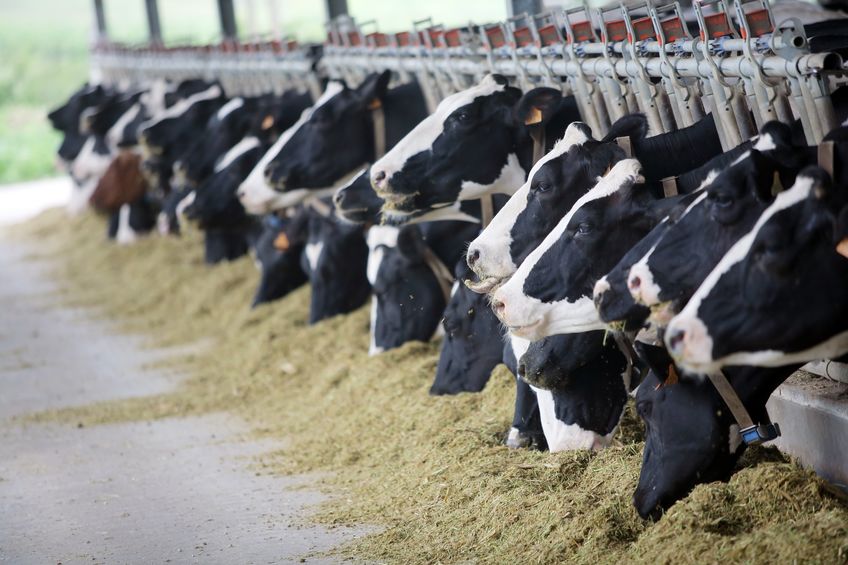Three UK retailers still allow routine farm antibiotic use, report says

A new study has singled out three British retailers urging them to up their game in banning routine farm antibiotic use.
Aldi, Asda and Iceland still allow their suppliers to use antibiotics routinely in animal feed and drinking water, according to a report by Alliance to Save Our Antibiotics.
This is despite calls from the United Nations and the World Health Organisation to end the overuse of antibiotics in farming.
The campaign group assessed the publicly available antibiotics policies of the 10 leading British supermarkets.
It found that Aldi, Asda and Iceland have no restrictions on their meat, dairy and egg suppliers using antibiotics routinely, other than minimum legal requirements.
In contrast, the Co-op, Lidl, M&S, Sainsbury's, Tesco and Waitrose prohibit routine antibiotic use, whereas Morrisons has a ban for some species and not for others.
The Alliance’s campaign manager, Suzi Shingler, said it is 'completely unacceptable' that Aldi, Asda and Iceland are 'putting their customers’ health at risk'.
“We know that antibiotic-resistant bacteria can pass to people from food produced with high levels of antibiotics and can end up causing infections which are much more difficult to treat.
“This is why the WHO and the UN are calling for urgent action. Fortunately, other supermarkets are taking their responsibilities more seriously and this is helping to reduce overall farm antibiotic use,” she said.
Apart from Iceland, all supermarkets collect some data on their suppliers’ antibiotic use, but Aldi, Morrisons and Sainsbury’s have not published any of this data.
In the past two years, Asda, the Co-op, Lidl, M&S, Tesco and Waitrose have published some data on their antibiotic use, but none of them have published what the Alliance describes as 'good data' viewed by farming system, such as intensive production, free-range, pasture-fed or organic.
Cóilín Nunan, scientific adviser of the Alliance, said consumers have a right to know how their food is being produced.
“If supermarkets are really committed to reducing farm antibiotic use, they should publish antibiotic data viewed by farming system, as this would help all farmers to learn from best practice.”
Supermarkets are also often failing to introduce strong enough restrictions on the use of the most important antibiotics, the study says.
Colistin is an antibiotic used in human medicine as a last-resort for treating highly antibiotic-resistant and life-threatening infections.
Scientists believe there should be a total ban on colistin use in farming due to its importance in treating humans.
But M&S and Waitrose are the only supermarkets which explicitly prohibit their suppliers from using colistin.
Mr Nunan added: “Colistin can save lives, and we know its use in farming has led to colistin-resistant infections in humans, which is why India recently banned its farmers from using the antibiotic.
“So there really can be no excuse for continuing to use colistin in British farming. All supermarkets should immediately prohibit their suppliers from using colistin.”
Which retailer is doing what to tackle antibiotic use?
Waitrose had the most comprehensive antibiotic policies, and M&S and Tesco had the next best policies.
Iceland performed worst and was the only supermarket with no publicly available policies.
Aldi, Asda and Iceland were the only supermarkets that do not restrict their suppliers from using antibiotics routinely.
Co-op, Lidl, M&S, Sainsbury's, Tesco and Waitrose prohibit routine antibiotic use, whereas Morrisons has a ban for some species and not for others.
Only M&S and Waitrose explicitly ban the use of the last-resort antibiotic colistin.
Aldi, Iceland, Morrisons and Sainsbury's have not published any data on their farm antibiotic use.
None of the ten supermarkets have published antibiotic use data viewed by farming system, such as intensive production, free-range, pasture-fed or organic.








